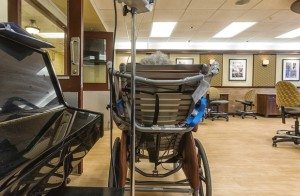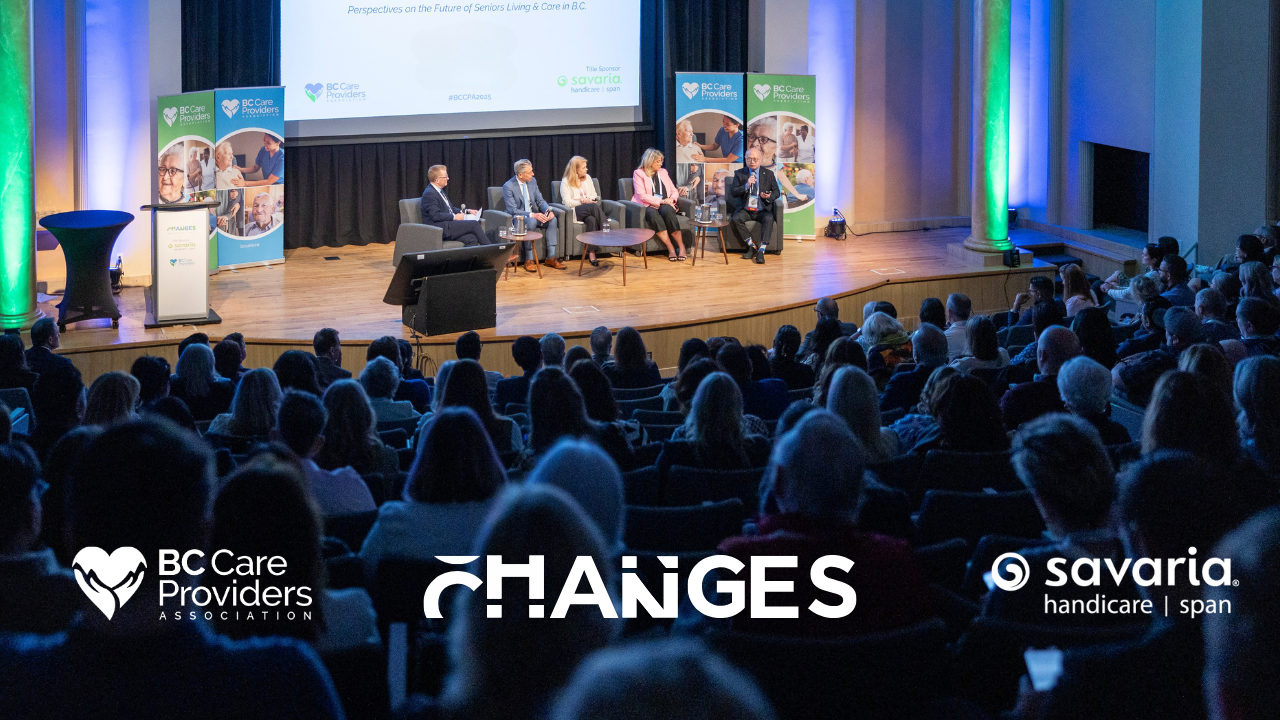More seniors services needed in B.C.: poll
System too focused on acute care, say majority of survey respondents
BY ROB SHAW, VANCOUVER SUN APRIL 26, 2015

VICTORIA — More than half of British Columbians think the health care system focuses too much on hospitals and emergency rooms and not enough on services like residential care homes, long-term care beds and services for chronically ill seniors, suggests a new poll.
The survey, by Insights West for the B.C. Care Providers Association, showed 62 per cent of residents polled feel the system is too focused on acute care.
Daniel Fontaine, CEO of the Care Providers Association, said spending health care dollars to support seniors in residential or home care costs a couple hundred dollars per day, compared to that same senior taking up a bed in an emergency room or hospital for up to $1,800 a day.
The B.C. government is slowly adjusting its policies to reallocate some of the billions of dollars it spends annually on urgent care toward home and community care as it grapples with a growing elderly population, more seniors with complex care needs, clogged emergency rooms and limited money available in the provincial budget.
A policy paper released by the Ministry of Health in March describes how “appropriate reallocations from acute to the community services sector must become part of … health authority planning and going forward a majority of net new funding must be assigned to developing primary and community services.”
Fontaine said his association, which represents more than 260 private and non-profit community care providers, also wants government to come up with a more equitable, transparent way to fund residential care facilities.
The current system sees contracts tendered between health authorities and home care companies based largely upon individual negotiations, which result in different levels of funding, service and direct care hours for seniors in different parts of the province, Fontaine said.
The poll showed 78 per cent of people surveyed believe seniors funding should be the same no matter where that senior lives in B.C., and 68 per cent believe government residential care funding is inadequate.
“What is evident is consistency is not there and really does depend sometimes on which care home you are in and what health authority you get serviced from,” said Fontaine.
Health authorities appear to vary in the number of direct care hours per resident provided each day in seniors care homes, though the government said in a statement that each facility sets its own staffing levels and care time depending on patient needs.
Isobel Mackenzie, B.C.’s seniors advocate, said she would like to see the government develop a list of services every care home senior is entitled to receive, and then hold operators responsible.
The current system of negotiations between private providers and health authorities is “not very satisfactory” for understanding how the seniors care system is working, she said.
“I believe there needs to be greater transparency in this for the public,” she said.
Mackenzie’s office is preparing a provincewide survey of B.C.’s 339 residential care facilities to get feedback from seniors and their families about everything from funding to food quality and staffing levels.
“We’re trying to get a handle on what’s really happening out there,” said Mackenzie.
The seniors poll also looked at misconceptions about home and community care, including how most British Columbians believe waiting times for care beds are getting worse when in fact they have fallen from a one-year wait in 2001 to 45 days, Fontaine said.
Many also believe the length of stay in seniors care is getting longer, though figures show that’s not the case either.
“We wanted to help educate the public that you’ve got this perception, but it’s not based in fact or reality,” said Fontaine.
“Generally speaking, the public has got a perception of the long-term care and home care sector from maybe 15 to 20 years ago and we haven’t caught up with educating the public on what’s happening today in 2015.”
The Insights West poll surveyed 815 B.C. residents from March 25 to 29 and has a margin of error of +/- 3.5 percentage points, 19 times out of 20.
Poll results:
A province-wide poll of 800 British Columbians looked at some common myths, misconceptions and opinions about seniors care in B.C.
62% of B.C. residents polled believed the health care system is too focused on acute care and not enough on long-term, community or residential care for the elderly.
78% believe regardless of where you live, the number of direct care hours funded by a health authority for a senior in residential care should be the same.
$69 is the average amount residents polled think that health authorities pay for meals for seniors in a care home each day.
In reality, it’s $6 to $7 daily. 61% believe wait times for seniors care beds have gotten worse or stayed the same. In reality, wait times have dropped from a high of one year in 2001 to 45 days.
54% of people worry about not having enough money upon retirement to pay for health care.
Source: BC Care Providers Association





